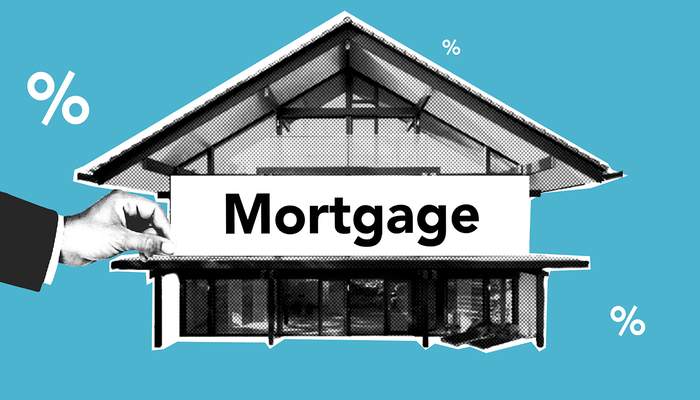A mortgage can sometimes feel like a prison, especially if you’re unfortunate enough to get high-interest rates. But did you know that the high-interest rates on your mortgage can be changed? That’s right, and all you have to do is to refinance it. But, is getting a low-interest rate a good enough reason to refinance your mortgage? Or is it even a good idea to refinance your mortgage in the first place? What are the other possible reasons why you will need to refinance your mortgage?
If you want to know the answers to these questions, then you’ve come to the right place. This article will provide some of the best reasons and explanations why it is a good idea to refinance your mortgage.
You Can Possibly Get A Lower Interest Rate
Evidently, the most important reason to refinance your mortgage is to acquire a lower interest rate for it. That in itself is already a very valid reason for you to do it. Why, you may ask? Well, it’s because a lower interest rate will mean lower payments on your loan. For example, you got a home loan for $250,000 for 30 years with a down payment of $50,000 and an interest rate of 5%. Your monthly payment will amount to $1,304.
Now, if you apply those same terms but this time with only a 3% interest rate, your monthly payment will reduce to $1,074. That’s a $230 monthly savings huge enough to be used for something else. You can even use that to pay off another debt, maybe add it to your savings, or even use it for investing. This is why if you have a chance to get a lower rate on your mortgage, then that’s already a valid enough reason to refinance it.
Now, it is advisable to get a refinance if you can lower your interest rate by 2%. But a 1% savings is already going to be huge. So, anything lower than that might not be a good idea anymore.
Convert Your Mortgage to Fixed-Rate Mortgage
Another good reason for refinancing your mortgage would be to convert it into a fixed-rate mortgage. There are two types of mortgage rates, the Adjustable Rate Mortgage (ARM) and the Fixed-Rate Mortgage. The ARM will always look appealing at first because it usually starts with lower interest rates. It’s usually going to be lower than what the Fixed-Rate Mortgage will offer. However, it can be deceitful since there can be a periodic adjustment to it, which could result in higher rates.
Eventually, you’ll start paying an interest rate that’s higher than what any Fixed-Rate Mortgage will offer. So, you will likely end up paying more in the long run with an ARM. The adjustment on the ARM rate will be based on several factors. This includes the LIBOR market index, the mortgage market, and the rate that banks lend to each other. This is an unfair scenario since the lender is placing the responsibility of adjusting rates to the borrower alone. That is why an ARM could have a higher rate than a Fixed-Rate Mortgage in the long run.
So, if you happen to have an ARM, then refinancing would be a good option to convert your mortgage into a Fixed-Mortgage Rate. With a fixed rate, you won’t have to worry too much about your rates suddenly increasing.
Shorten the Length of The Mortgage
Probably the last good reason to refinance your mortgage is if you want to shorten the length of your loan. The longest term that you can get for a mortgage is 30-years. Many people usually avail the maximum terms allowed since a longer-term usually means lower monthly payments. The problem with a longer term rate, however, is that it also means you’re paying more for your original loan.
For example, a $250,000 loan with a $50,000 down payment for 30 years and an interest rate of 5% will require you to pay $1,304 a month. If you compute that, the total amount that you paid at the end of the loan will total $469,440. That’s about an 87.7% increase of your original loan, which is a huge increase. So, even though you might be paying a low amount in the short-term with the low monthly payment, but in the long-term, you’re actually paying almost double. This is why shortening the terms of your mortgage is also a good reason to refinance.
Of course, shortening the length of your mortgage can mean you’ll have to pay more each month, but that’s okay since you’re saving more money in the long-term as well. As the saying goes, that you should own your home, not your home owning you. You just have to make sure that the new mortgage payment won’t be higher than 25% of your take-home pay. You also have to make sure that the new interest rates won’t be too high. Remember, when you refinance, the goal is not to cost you more money.
Conclusion
Refinancing your mortgage can end up being a good idea for you to save more money. But to achieve that, you have to make sure that the reasons for refinancing are one of the reasons mentioned above. The reasons discussed here are great reasons to refinance since it means saving your hard-earned money in the long run.
Investopedia, When to Refinance Your Mortgage
